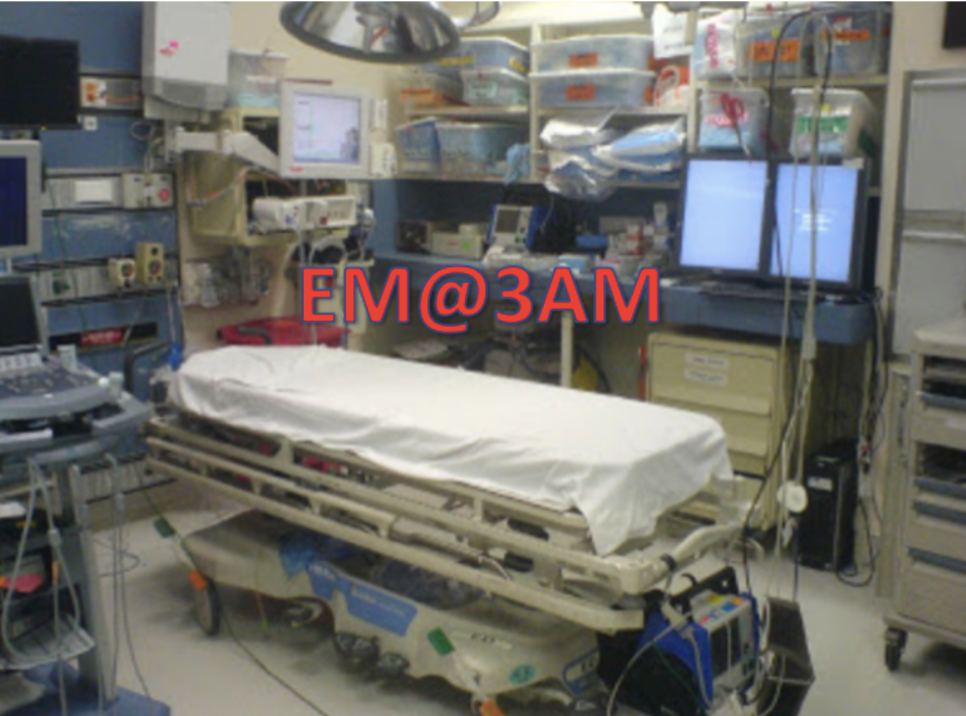EM@3AM: Hyperthermia
A 34-year-old male is brought via EMS after collapsing during an outdoor adventure race. EMS reports the patient was conscious but altered, with slurred speech and confusion. Point of care glucose in the field was 102 mg/dL. Vital signs include BP 80/40 mm Hg, HR 154 bpm, T 41C rectal, RR 28 breaths per minute, saturation 94% on room air. The patient is agitated, not oriented, and becoming combative with ED staff. A 12-lead EKG shows sinus tachycardia but is otherwise normal. As you attempt to examine the patient, he has a generalized, tonic-clonic seizure. What is your diagnosis, and what are your next steps in evaluation and management?
EM@3AM: Hyperthermia Read More »


